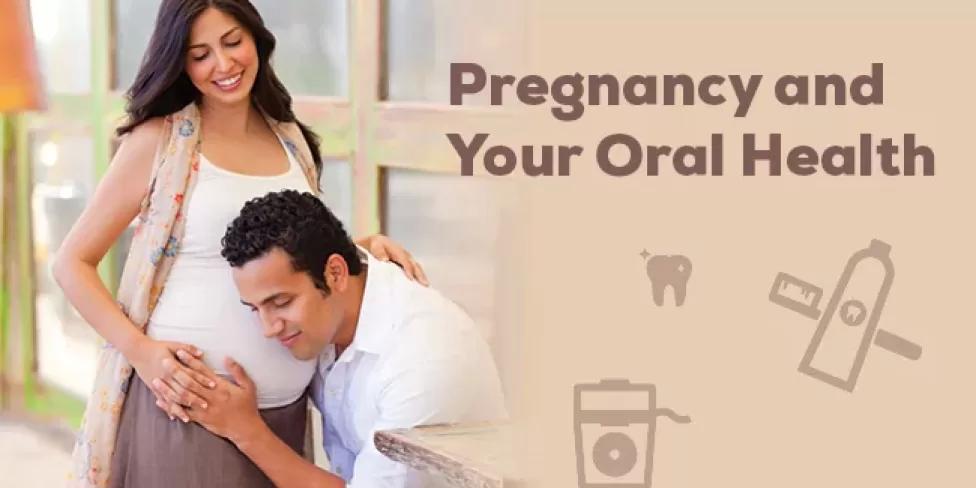There’s a bit of folk wisdom that calcium is lost from the teeth of pregnant women during pregnancy. Thankfully, this myth is just that — a myth. It is a useful warning to expectant mothers, however, that they may experience some changes in their oral health because of their pregnancy and the accompanying surge of hormones. In particular, gum tissues may respond differently to plaque, and women with gingivitis are likely to see their condition worsen during pregnancy.
Increases in the hormones estrogen and progesterone can lead to what’s known as “pregnancy gingivitis,” which begins to surface as early as the second month. In some ways, this is a blessing because it brings to the forefront the existing plaque stuck between the teeth, and it acts as a warning that worse hygiene problems, like periodontal disease, are on the horizon. Periodontal disease is the result of poor brushing and flossing habits, and it can cause tooth loss if hygiene is not improved or if it’s left untreated.
Pregnant women are also at risk for developing inflammatory, noncancerous tumors caused when swollen gums become irritated. The tumors are usually left untreated because they resolve on their own after the child’s birth, but if it interferes with a woman’s ability to eat or care for her teeth, the dentist may elect to remove it. Research suggests that good oral hygiene is also good for your baby; an association exists between preterm, low-birth-weight babies and mothers with gingivitis. Excessive bacteria from the gums can enter the bloodstream, negatively affecting the body’s labor reflexes.
Practicing good oral hygiene can help prevent any complications during pregnancy. Teeth cleanings and checkups every six months are important for keeping up with oral health. Regular brushing and flossing, along with use of a mouthwash, can help control plaque and gingivitis — two huge factors in keeping the gums free from irritation and preventing pregnancy tumors.
Consult your dentist and your physician about the safety of any non-emergency oral procedures that you’d scheduled prior to your pregnancy. The best time for a pregnant woman to receive a dental treatment procedure is between the fourth and sixth months, and x-rays should typically only be taken during pregnancy when needed for an emergency. Your dentist or physician may recommend postponing elective procedures until after your baby is born.

